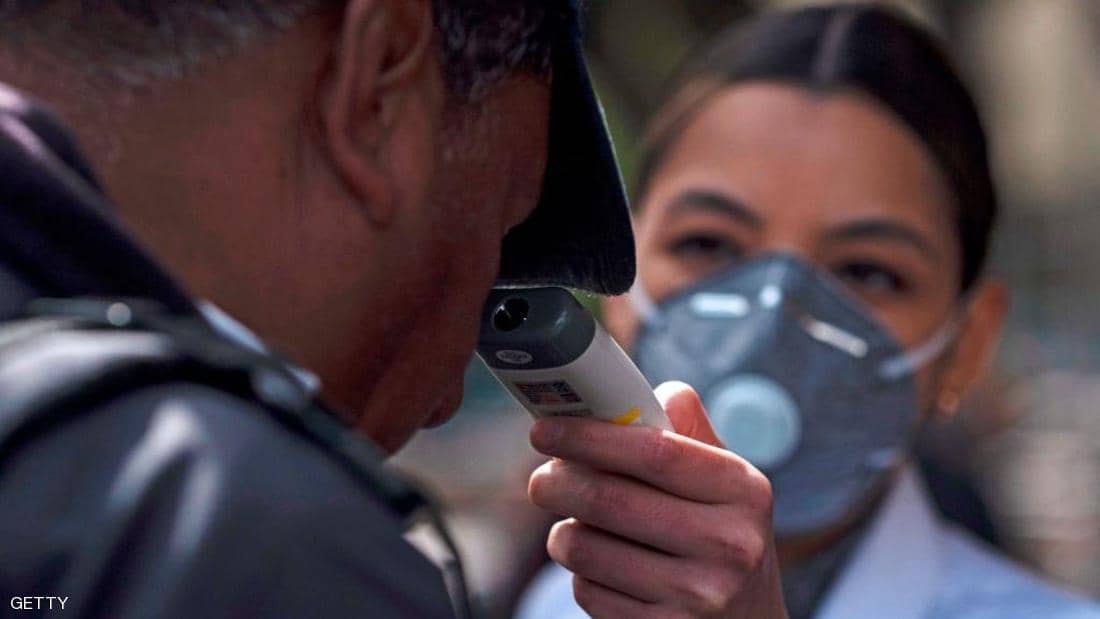
As fears rise of the proliferation of Coronavirus around the world, scientists warn that the new virus may become “permanent” or “seasonal”, meaning that it will not disappear at all.
As of Tuesday, the disease had infected more than 80,000, the vast majority of them in China, killing nearly 3,000 people.
In light of concern that the virus will spread out of control in other countries, such as South Korea, Italy and Iran, it was believed that it was a transient wave that would soon end in months or even weeks.
But experts warned that “it may not end”, but could turn into a “permanent disease” like the common Cold and the Flu.
These diseases, for example, affect more people every winter, and they cannot be fully addressed, and our immune systems sometimes fail to stop them because the viruses that cause them sometimes change their shapes and properties.
Scientists believe that the new Coronavirus It may follow the same pace and become a seasonal disease”.
Professor John Oxford from Queen Mary University in London told the Telegraphm newpaper: “If you look at other viruses from the same Corona family, which are respiratory viruses that we’ve known a lot for the last 50 years”.
He continued, “It causes illnesses that resemble the usual cold, probably there are a few thousand people infected with it during this moment in England”.
Oxford added: “To see if Coronavirus is going to follow the same path or not we have to wait, but I think it will”.
On the other hand, Dr. Amish Adalja, a pathologist at the American Johns Hopkins University in Baltimore, suggested that “the Coronavirus will stay with us for some time”.
He continued in a statement to “Business Insider”: “It is a chronic disease of humans and will not end without a vaccine being discovered”.
It is noteworthy that the new Coronavirus has reached a stage known as “self-sufficiency”, that is, it can transmit to anyone without contacting an original source.
The virus is believed to have emerged from an animal meat market in central China’s Wuhan city, and has continued to spread faster than the authorities’ ability to isolate those infected.

